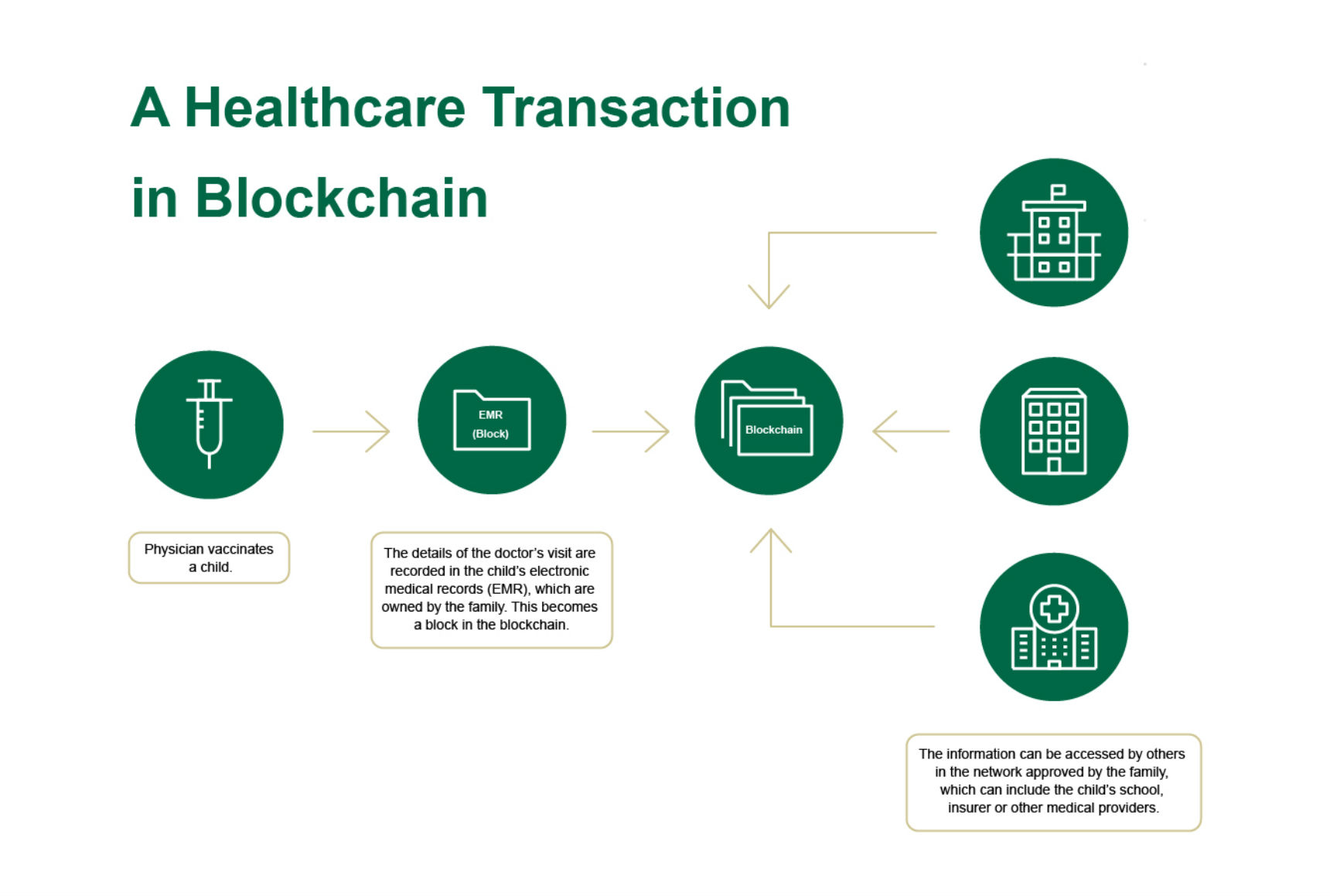

Revolutionizing Health Data Security with Blockchain
In an era where data security is paramount, blockchain technology emerges as a groundbreaking solution, particularly in the healthcare sector. Blockchain for health data not only enhances security but also transforms the way patient information is managed and shared. This article explores the profound impact of blockchain on health data security and its potential to revolutionize the healthcare landscape.
Blockchain Fundamentals: A Decentralized Approach
At the core of blockchain technology is its decentralized nature. Unlike traditional centralized databases, blockchain distributes data across a network of computers, known as nodes. Each node has a copy of the entire blockchain, ensuring transparency and reducing the risk of a single point of failure. This decentralized approach forms the foundation of enhanced security in health data management.
Immutable Recordkeeping: Ensuring Data Integrity
One of the key features of blockchain is its immutability. Once data is recorded on the blockchain, it cannot be altered or deleted. This ensures the integrity of health data, making it resistant to tampering or unauthorized changes. In the context of healthcare, this immutability guarantees the accuracy and reliability of patient records, fostering trust among healthcare providers and patients alike.
Enhanced Privacy through Cryptographic Techniques
Blockchain employs advanced cryptographic techniques to secure data. Patient information is stored in blocks, and each block is linked to the previous one through a cryptographic hash. This linkage creates a chain of blocks, forming the blockchain. The use of cryptographic hashes ensures the privacy and confidentiality of health data, as only authorized individuals with the corresponding keys can access the information.
Interoperability: Seamless Data Exchange
Healthcare often involves multiple stakeholders, including hospitals, clinics, laboratories, and insurance providers. Blockchain facilitates seamless data exchange among these entities. With standardized protocols and smart contracts, interoperability challenges are mitigated. This ensures that relevant and accurate patient information is accessible to authorized parties, leading to more coordinated and effective healthcare delivery.
Smart Contracts Automating Healthcare Processes
Smart contracts, self-executing contracts with the terms of the agreement directly written into code, play a pivotal role in blockchain for health data. These contracts automate various healthcare processes, such as insurance claims processing, billing, and consent management. Automation not only reduces administrative overhead but also minimizes the risk of errors and ensures compliance with predefined rules.
Patient-Centric Control: Empowering Individuals
Blockchain empowers individuals to have more control over their health data. Patients can grant and revoke access to their information, ensuring that only authorized parties can view their medical records. This patient-centric control not only respects privacy preferences but also aligns with evolving data protection regulations, such as GDPR in Europe and HIPAA in the United States.
Audit Trails for Traceability and Accountability
Blockchain’s transparency and immutability contribute to robust audit trails. Every transaction or access to health data is recorded on the blockchain, creating a traceable and accountable system. This feature is crucial for regulatory compliance, as healthcare organizations can demonstrate adherence to data protection standards and provide a comprehensive audit history when needed.
Challenges and Considerations in Blockchain Adoption
While the benefits of blockchain for health data are significant, challenges exist. Integration with existing healthcare systems, regulatory compliance, and the need for industry-wide standards are key considerations. Overcoming these challenges is essential for the widespread adoption of blockchain in healthcare and realizing its full potential in enhancing data security.
Future Implications: Blockchain in Evolving Healthcare
Looking ahead, the implications of blockchain in healthcare are vast. From securing medical records to enabling secure data sharing for research purposes, blockchain has the potential to transform various aspects of the healthcare ecosystem. As technology continues to evolve, the integration of blockchain is poised to contribute to a more secure, interoperable, and patient-centric healthcare landscape.
Exploring Blockchain for Health Data
To delve deeper into the transformative impact of blockchain on health data security, visit Blockchain for Health Data. This link connects you to a hub of information, offering insights into the evolving landscape of blockchain in healthcare and its potential to revolutionize the way health data is managed and protected.
Conclusion: A Secure and Transparent Healthcare Future
In conclusion, blockchain technology stands as a beacon of hope for a more secure and transparent healthcare future. Its decentralized nature, immutability, and cryptographic techniques address longstanding challenges in health data security. As the healthcare industry embraces blockchain, we move towards a future where patient information is not only protected but also leveraged for more efficient and collaborative healthcare delivery.









